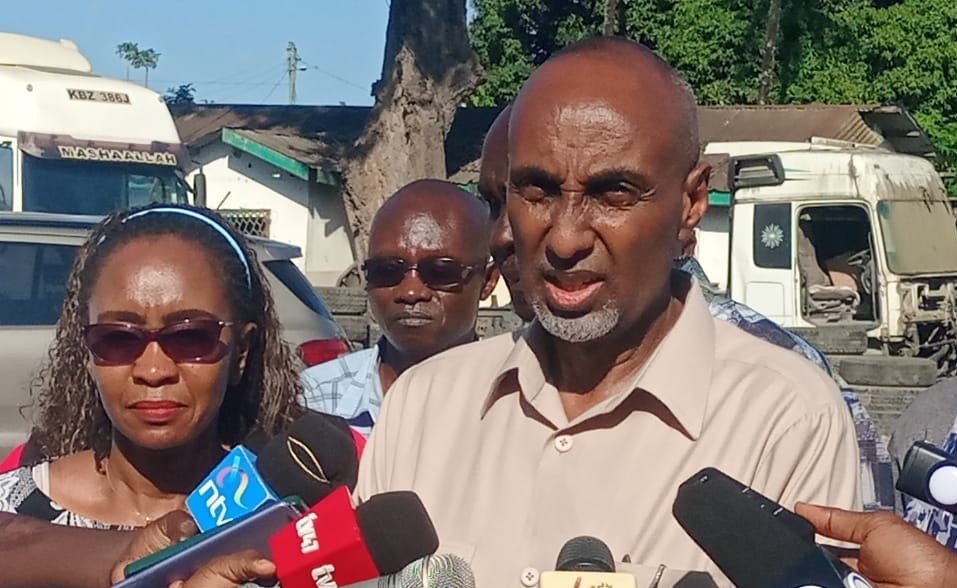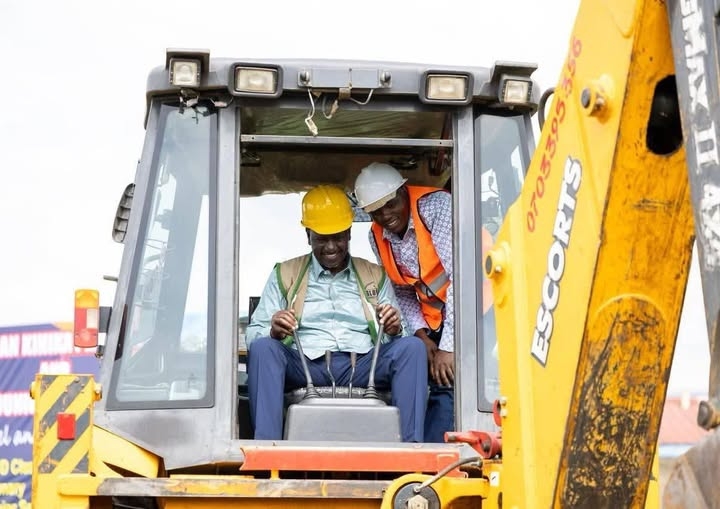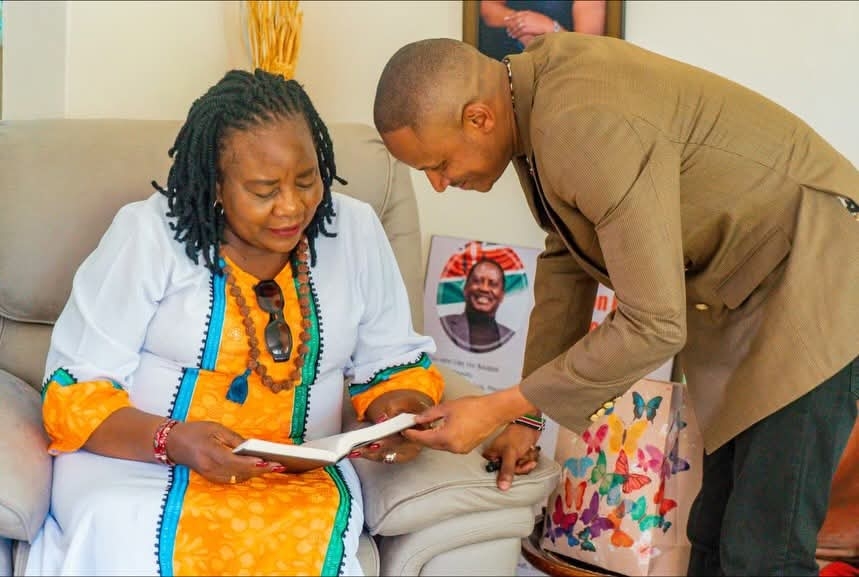Billions of working age women globally still face unequal job opportunities compared to their male counterparts, a World Bank report shows.
The Women, Business and the Law 2022 report released on March 1, says at least 2.4 billion are economically marginalised with 178 countries maintaining legal barriers that prevent women's full economic participation.
In 86 countries, women face some form of job restrictions while 95 countries do not guarantee equal pay for equal work.
Globally, women still have only three quarters of the legal rights accorded to men, an aggregate score of 76.5 denoting complete legal parity.
The report indicates that 23 countries reformed their laws in 2021 to advance women’s economic inclusion.
“While progress has been made, the gap between men's and women’s expected lifetime earnings globally is US$172 trillion - nearly two times the world’s annual GDP,” World Bank managing director of development policy and partnerships Mari Pangestu said.
She said for green, resilient and inclusive development, governments need to accelerate the pace of legal reforms so that women can realise their full potential and benefit fully and equally.
The report measures laws and regulations across 190 countries in eight areas impacting women’s economic participation – mobility, workplace, pay, marriage, parenthood, entrepreneurship, assets, and pensions.
Only 12 countries, all part of the OECD, have legal gender parity.
Kenya scored 80.6 per cent which is higher than the regional average of 71.5 observed across Sub-Saharan Africa
However,the World Bank has recommended reforms on laws affecting women's work after having children, constraints on women's starting and running a business, gender differences in property and inheritance, and laws affecting the size of a woman's pension in Kenya.
"Kenya could consider reforms to improve legal equality for women.For example, one of the lowest scores for Kenya is on the indicator related to laws affecting women’s work after having children," reads the report.
It says to improve on the Parenthood Indicator, Kenya should consider making paid leave of at least 14 weeks available to mothers, making the government administer 100 per cent of maternity leave benefits,and making paid parental leave available.
The United States Agency for International Development(USAID) in an earlier report said barriers that constrain women in Kenya are multifaceted with issues like gender based violence remaining pervasive.
Middle East and North Africa and Sub-Saharan Africa regions showed the largest improvements in the Women, Business and Law Index in 2021, though they continue to lag behind other parts of the world.
Gabon stands out with comprehensive reforms to its civil code and the enactment of a law on the elimination of violence against women.
Gabon’s score rose from 57.5 in 2020 to 82.5 in 2021.
Globally, the highest number of reforms were made in the parenthood, pay, and workplace indicators.
Many reforms focused on protecting women against sexual harassment in employment, prohibiting gender discrimination, increasing paid leave for new parents, and removing job restrictions for women.
“Women cannot achieve equality in the workplace if they are on an unequal footing at home,” Senior vice president and Chief Economist of the World Bank Group Carmen Reinhart said.
Title: "WATCH: The biggest news in African Business"

















